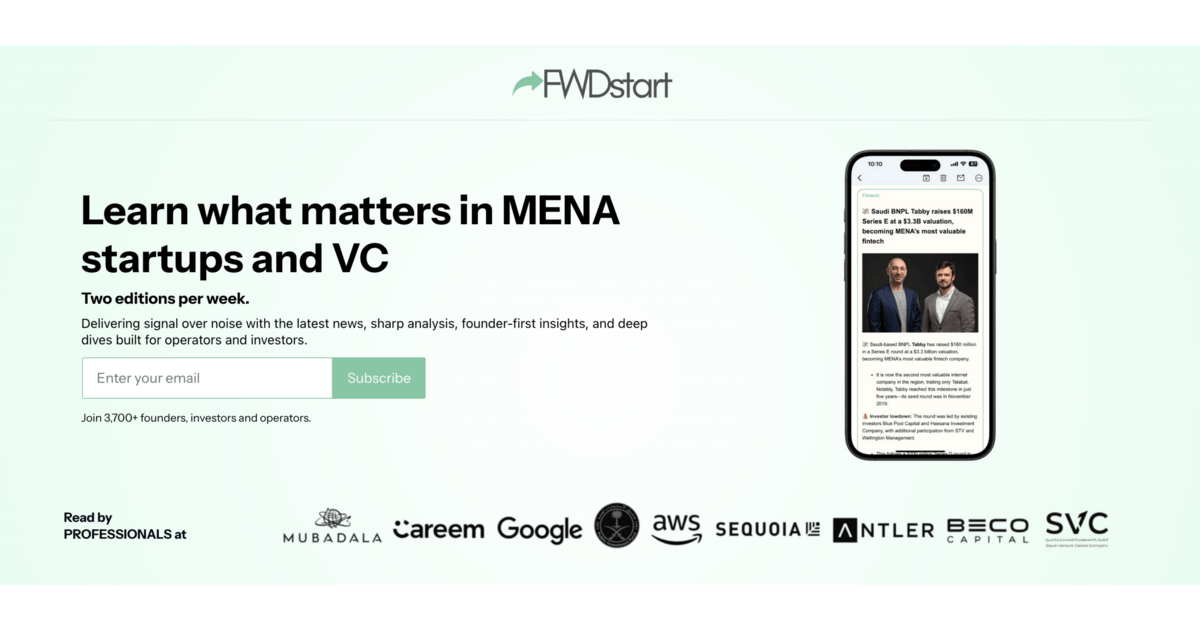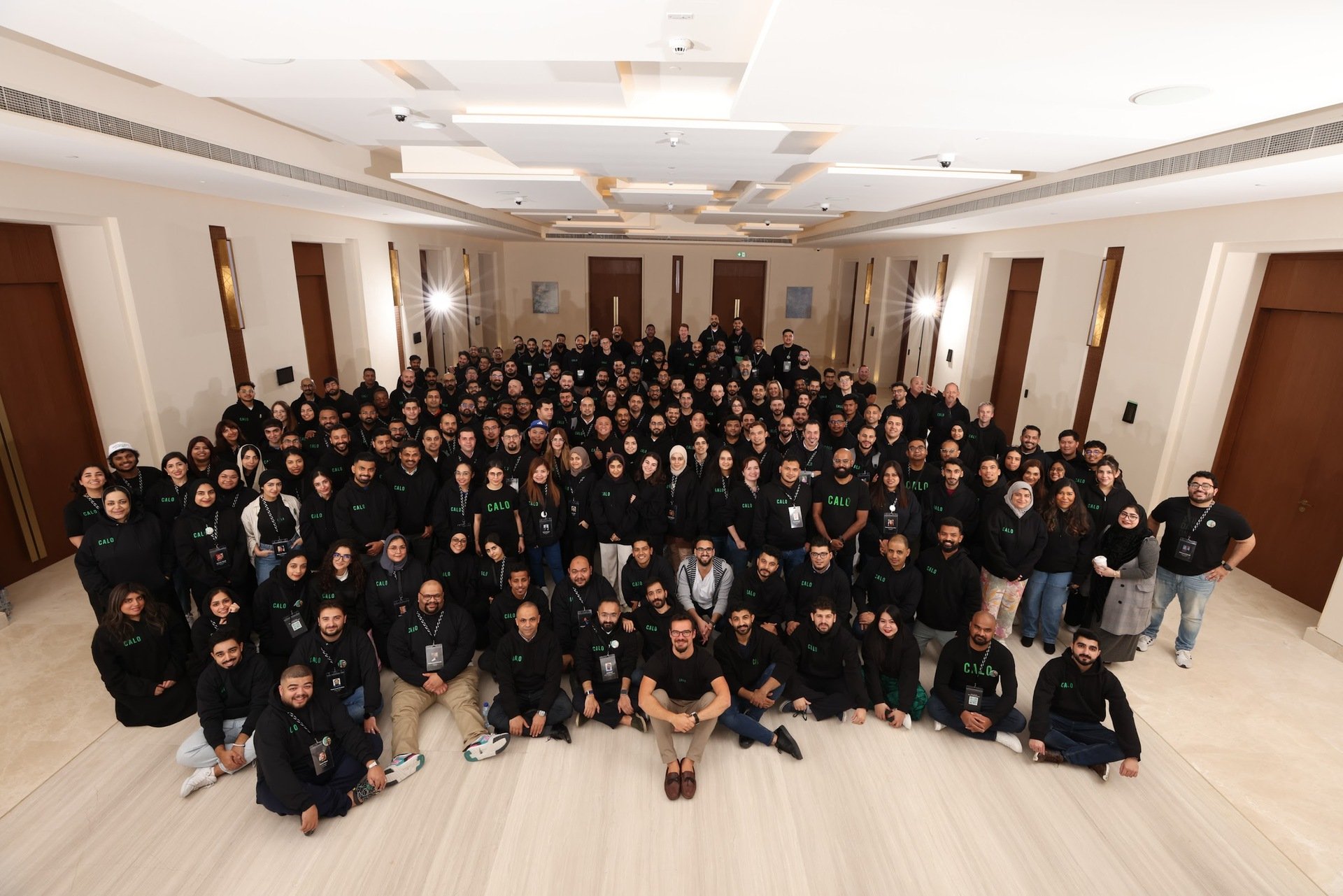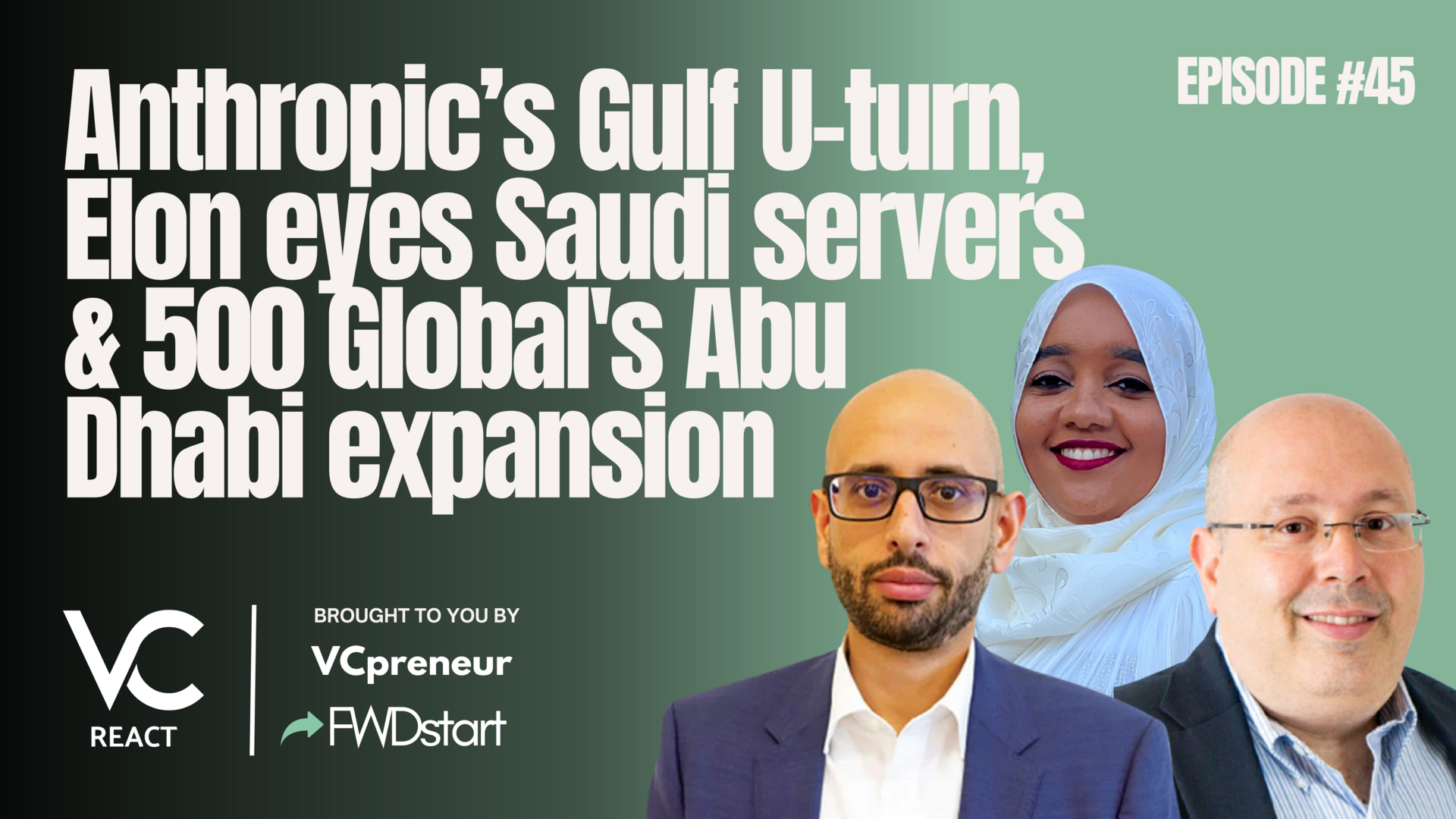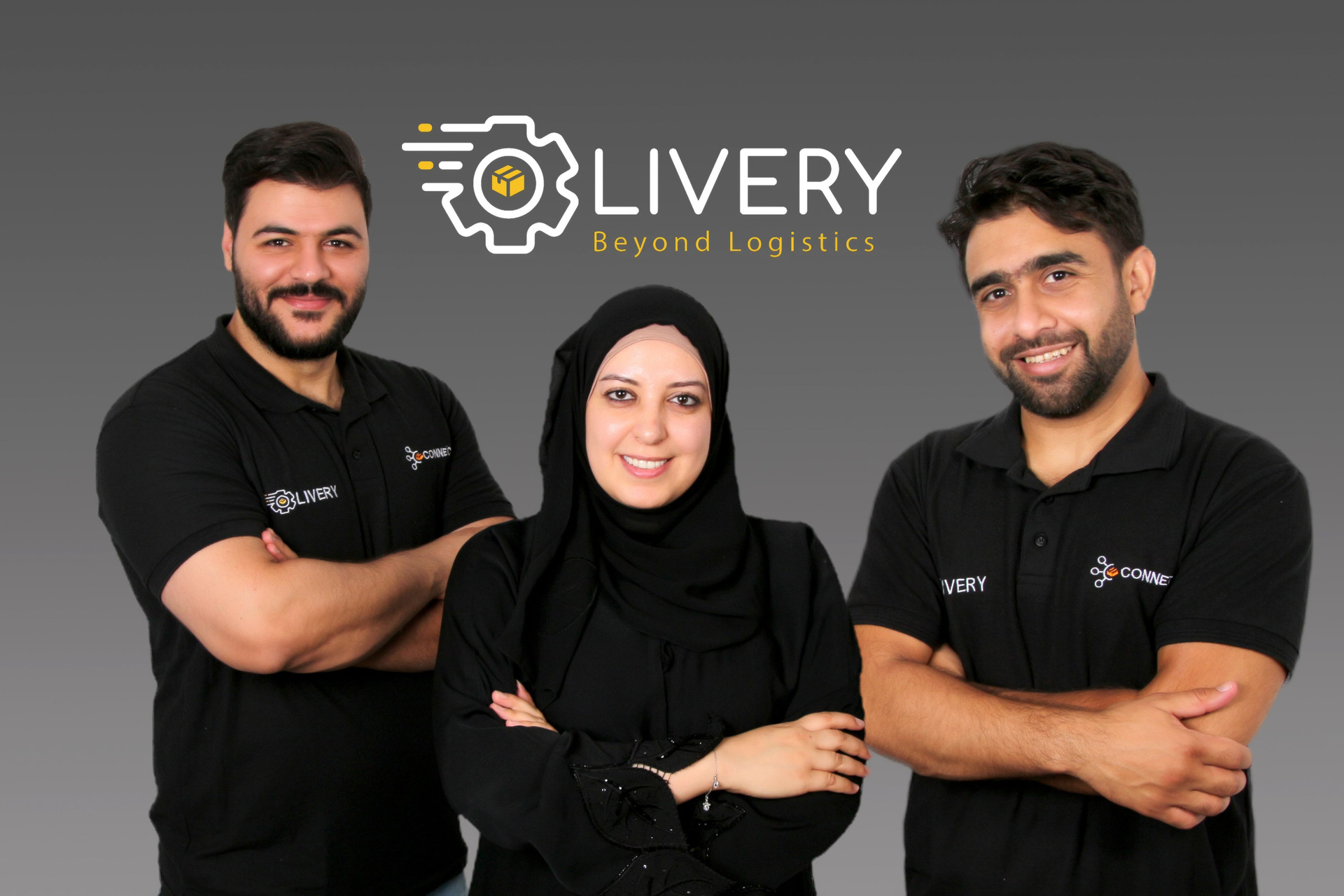In 2021, Ahmad Yousry and his co-founders launched Rabbit with a bold claim and the funding to back it: a record-setting $11 million pre-Seed round, the largest ever in MENA at the time.
Before founding Rabbit, Yousry had already seen the inside of two of the region’s most aggressive operators: Talabat Mart, where he led the Egypt rollout, and Uber Eats, where he ran operations until the platform exited the country. Those experiences shaped his perspective on scale – and more importantly, on restraint.
While global quick commerce players like Gorillas and Getir were raising billions, expanding fast, and retreating just as quickly, Rabbit took a different route. It focused on operational discipline, not land grabs. On Egypt first, not everywhere at once.
Fast forward to today: Rabbit is profitable. It has built a loyal customer base, iterated on its infrastructure, and largely tuned out the hype cycle. And now, three years later, it’s making its first move beyond Egypt – launching in The Kingdom with a new regional HQ in Riyadh.
The company isn’t sharing how much capital it just raised – but the investor list speaks volumes: Lorax Capital Partners, Global Ventures, Raed Ventures, Beltone Venture Capital, Global Founders Capital, Goodwater Capital, Hub71, Simple Capital, and Foundation Ventures.
But Saudi is a different kind of challenge — more complex, more fragmented, and still at a nascent stage of online grocery adoption.
The remainder of this interview is for paid subscribers only.
Get access to the strategies, tactics, and wisdom of MENA's best investors, founders and operators with a paid subscription.
I sat down with Ahmad to understand why now, why Saudi, and why Rabbit thinks it can win in a market where players like Jahez, Ninja, and Keeta are already entrenched and vying tooth and nail for market share.
What followed was a refreshingly practical look at what it really takes to expand in MENA.
We talked through how Rabbit approached timing and focus, what profitability means in this category, and the systems they’ve built to adapt their dark store model to Saudi’s on-the-ground realities.
Ahmad also shared his approach to hiring local, delegating decision-making, building city-by-city without trying to copy-paste from Egypt, and why he believes competition is actually a great thing for Rabbit.

Saudi is a complex, high-stakes market — fragmented, competitive, and still early in online grocery adoption. What convinced you that this was the right time — and the right battleground — for Rabbit’s first international move? Were there any risks that gave you pause?
Very good question.
So, I’ll tell you a bit of a story. When we started Rabbit in June 2021, our very first investor deck said: “We’re going to launch Egypt in September, and Saudi in February 2022.” We've been big believers in the Saudi market since day one.
We’ve always seen Egypt as the place to bring our ideas to life—a market we understand deeply. But the goal has always been to scale quickly into a market we fully believe in. Egypt is big, but Saudi is even more exciting—more fragmented, and with greater market potential.
We didn’t launch in March 2022 because the economy took a downturn and the stock market crashed. I remember feeling a bit of déjà vu back then. We simply couldn’t raise the funds for it at the time. But we never stopped studying the market. It’s been about three years of preparation.
The reason we took the leap now comes down to two things.

The remainder of this article is for paid subscribers only.
Don’t miss out! Become a member today.
A subscription gets you full access to our weekly deep-dives, which include:
✅ Analysis, case studies and interviews unpacking trends, companies, or industries, and more.
✅ Access to the strategies, tactics, and wisdom of MENA's best investors and founders.
✅ Practical and actionable guides designed to make you a better investor and technologist.
✅ Unlimited access to our online archive where you can read previous editions of the newsletter.







